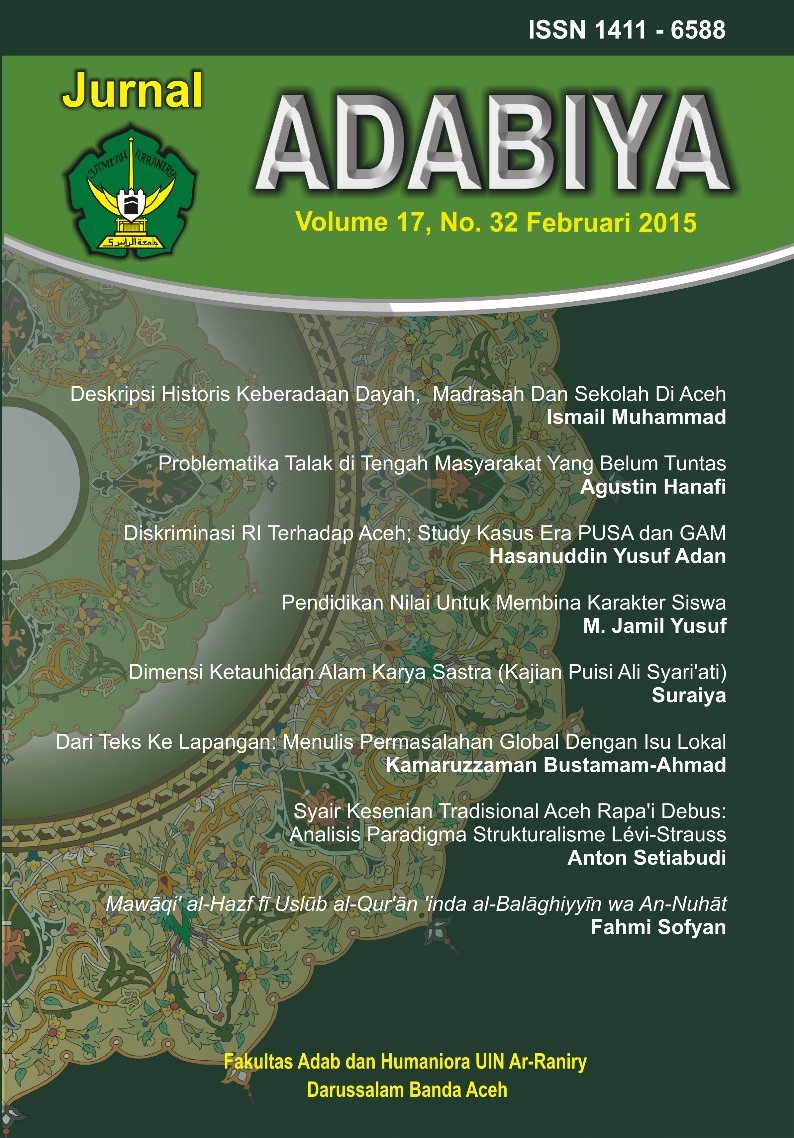References
Albert Widjaja, Budaya Politik dan Pembangunan Ekonomi, LP3ES, Jakarta, 1982.
Arbi Sanit, Swadaya Politik Masyarakat, Telaah Tentang Keterkaitan Organisasi Masyarakat, Partisipasi Politik dan Pertumbuhan Hukum dan Hak Azasi, PT
Rajawali, Jakarta, 1985.
-------, Sistem Politik Indonesia, CV Rajawali, Jakarta, 1982.
Deliar Noer, “Perkembangan Demokrasi Kita”, dalam Seri Prisma, Demokrasi dan Proses Politik, LP3ES, Jakarta, 1986.
Harold Crough, Militer dan Politik di Indonesia¸Pustaka Sinar Harapan, Jakarta, 1986.
Indra Samego, et.al., Bila ABRI Menghendaki Desakan Kuat Reformasi Atas Konsep Dwifungsi ABRI, Mizan, Bandung, 1998.
Iswandi, Bila ABRI Menghendaki, Mizan, Bandung, 1998.
Muchtar Mas’oed, Ekonomi dan Struktur Politik¸LP3ES, Jakarta, 1989.
Nasution, Kekaryaan ABRI, Seruling Masa, 1971
Ricklefs, MC., A History of Mmodern Indonesia, London and Basingtoke : The Macmillan Press Lt, 1981
Seri Prisma,Demokrasi dan Proses Politik, LP3ES, Jakarta, 1986
Sudijono Sastroatmodjo, Perilaku Politik, IKIP Pres, Semarang, 1995.
Syahrir, Ekonomi Politik Kebutuhan Pokok Sebuah Tinjauan Prospektif, LP3ES, Jakarta, 1983.
Wiyono R, Organisasi Kekuatan Sosial Politik di Indonesia,Alumni, Bandung, 1982.



